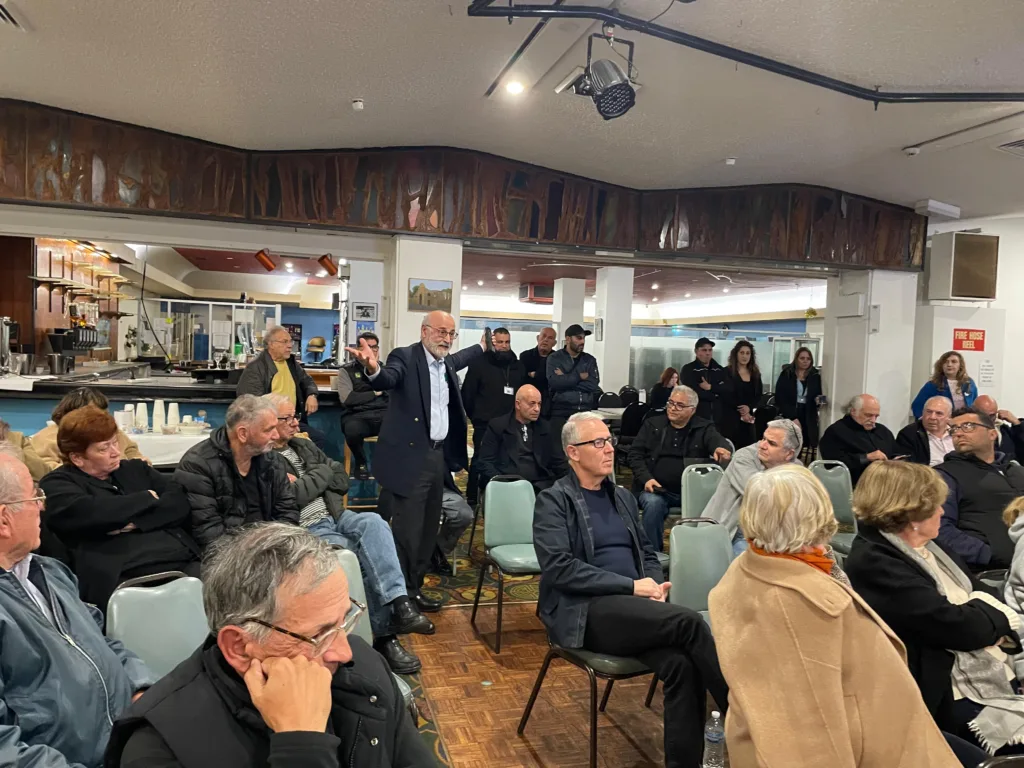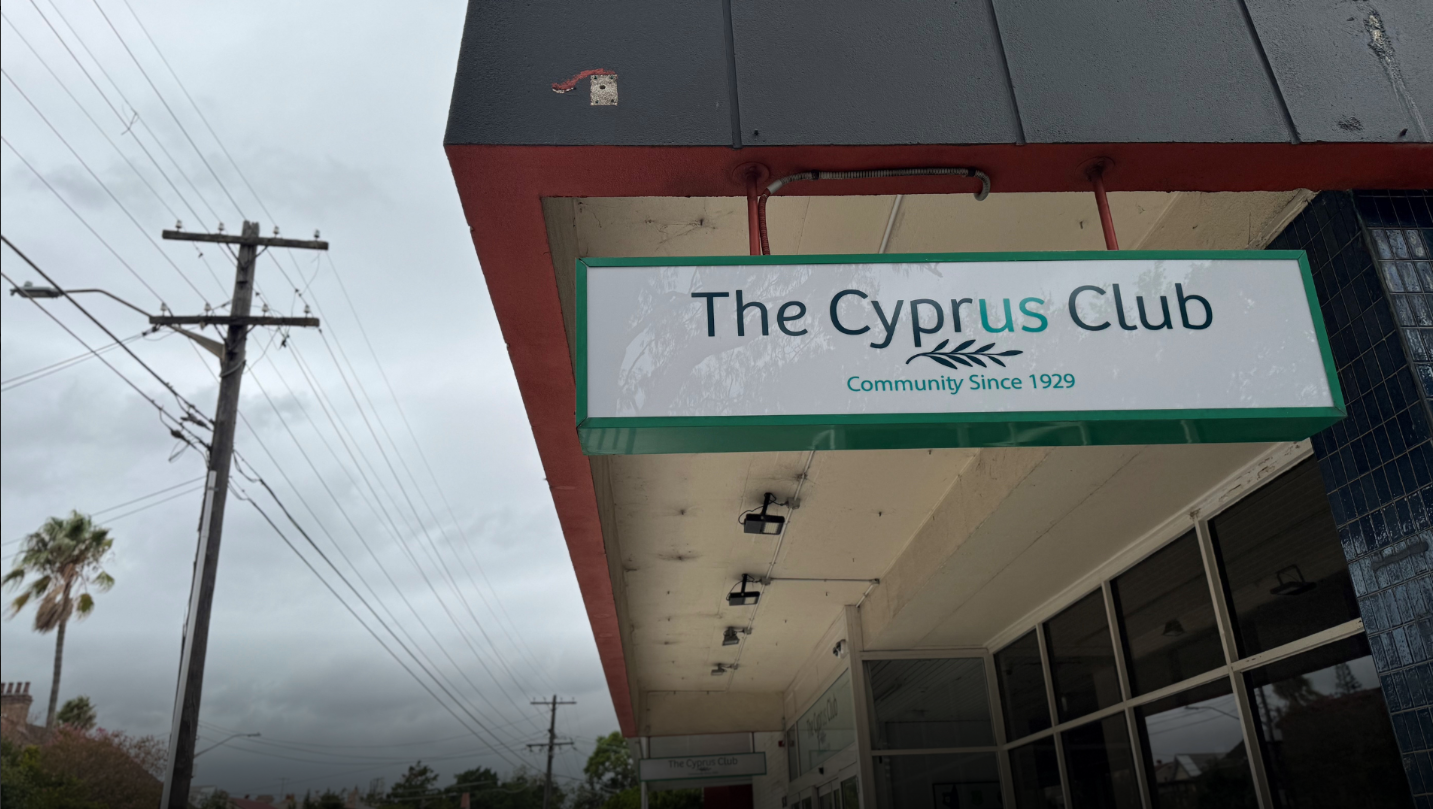The future of the Cyprus Community of NSW’s historic Stanmore property will be in the hands of the Supreme Court of NSW tomorrow, in a case that could have implications for registered clubs across the state.
The hearing will determine whether the club’s voluntary administrators, Morgan Kelly and David Kennedy of EY Australia, can sell the Stanmore property without a vote of members, relying on provisions in the Corporations Act that can override the Registered Clubs Act when a club is under external administration.
The Administrators’ position
EY Australia has maintained that the $55 million sale to Conquest Property Group is the most viable path forward for the financially troubled organisation, which has been under voluntary administration since September 2024. The Community carries more than $20 million in debt, including legal costs from years of internal disputes and court proceedings.
According to the administrators, the sale – selected from seven offers – met strict criteria: a price above the property’s valuation, no development risk, rapid debt repayment, and a clean sale structure with an extended settlement period.
They argue that this approach will clear debts, safeguard funds in an independent trust, and provide the financial capacity to purchase new premises for community use.

EY has stressed that urgent action is necessary due to a fire safety order from Inner West Council requiring the Stanmore premises to close by 30 August. They have outlined interim relocation plans for the Greek School, dancing classes, and community functions until a permanent venue is secured.
Members’ concerns
Some members remain strongly opposed to the sale, arguing that disposing of “core property” without member approval undermines democratic rights. They believe alternative proposals should be considered, including redevelopment models that would allow the Community to remain in Stanmore and retain ownership of the land while still paying off debts.
Others have expressed concern that the agreed $55 million sale price may undervalue the property, claiming it could fetch significantly more on the open market.
Opponents also raise issues about transparency, citing frustration over the refusal to release the identities of other bidders and the absence of elections during the administration period – a situation EY has noted arose from multiple court injunctions that prevented EGMs and AGMs from taking place.
They contend that other offers may provide better long-term outcomes and align with member resolutions to redevelop on the current site.

Wider implications
Beyond the immediate dispute, the court’s decision is being closely watched by the broader registered clubs sector.
If administrators are permitted to sell “core property” without a member vote, the ruling could set a precedent that affects more than 1,300 registered clubs across NSW and their combined 5.7 million members.
Such a decision could redefine the relationship and decision-making authority between club administrators and members, particularly when a club is placed into voluntary administration.
Next steps
If the court rules in favour of EY, the administrators will proceed with finalising the sale, present a Deed of Company Arrangement to exit administration, and return control to a board mandated to hold elections and oversee the establishment of the proposed trust.
If the ruling goes against them, the future of the sale – and the Community’s financial recovery – will need to be reassessed.
Until then, the Cyprus Community of NSW remains divided between those who view the sale as a necessary lifeline and those who see it as the loss of a valuable community asset.
